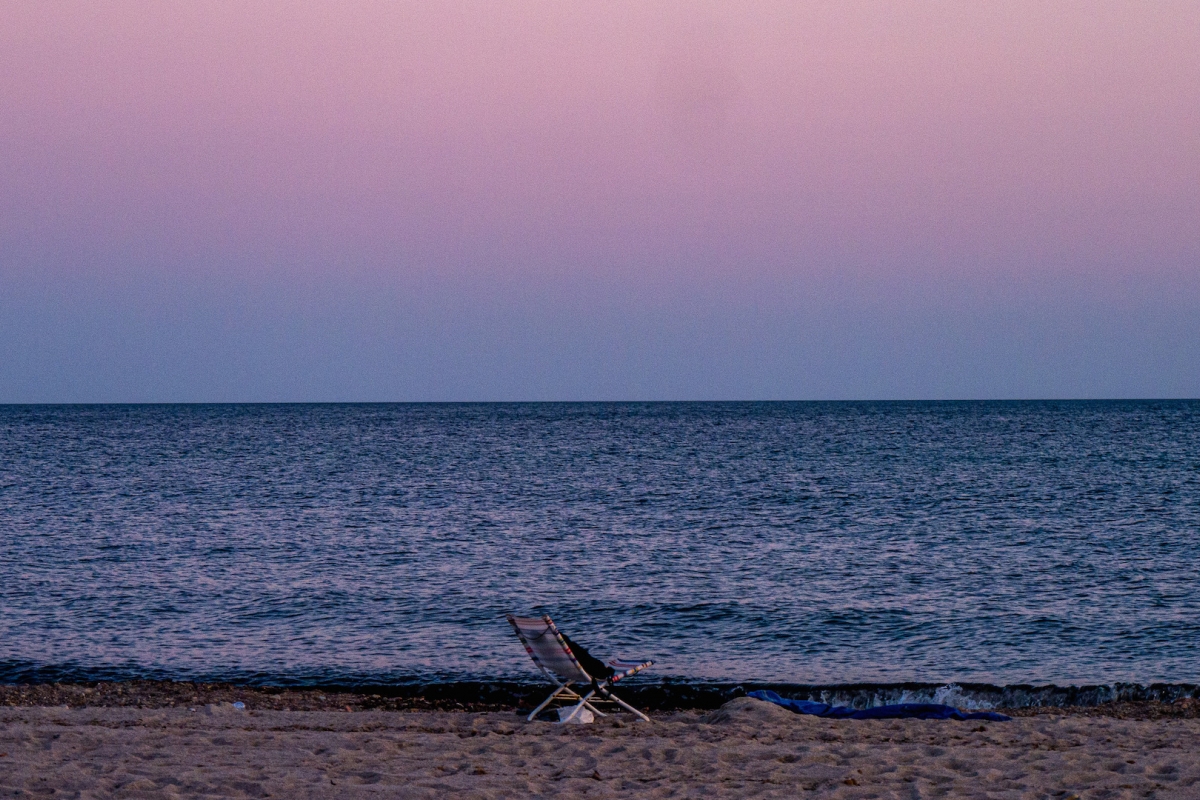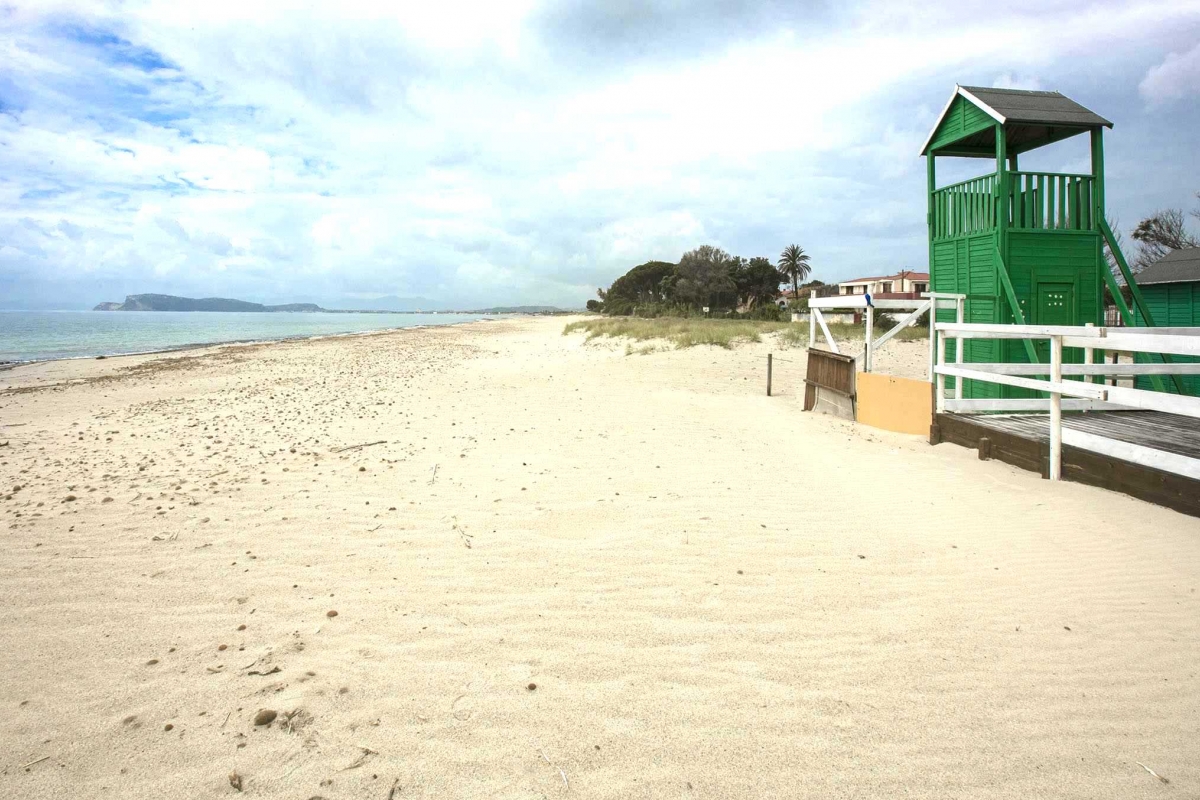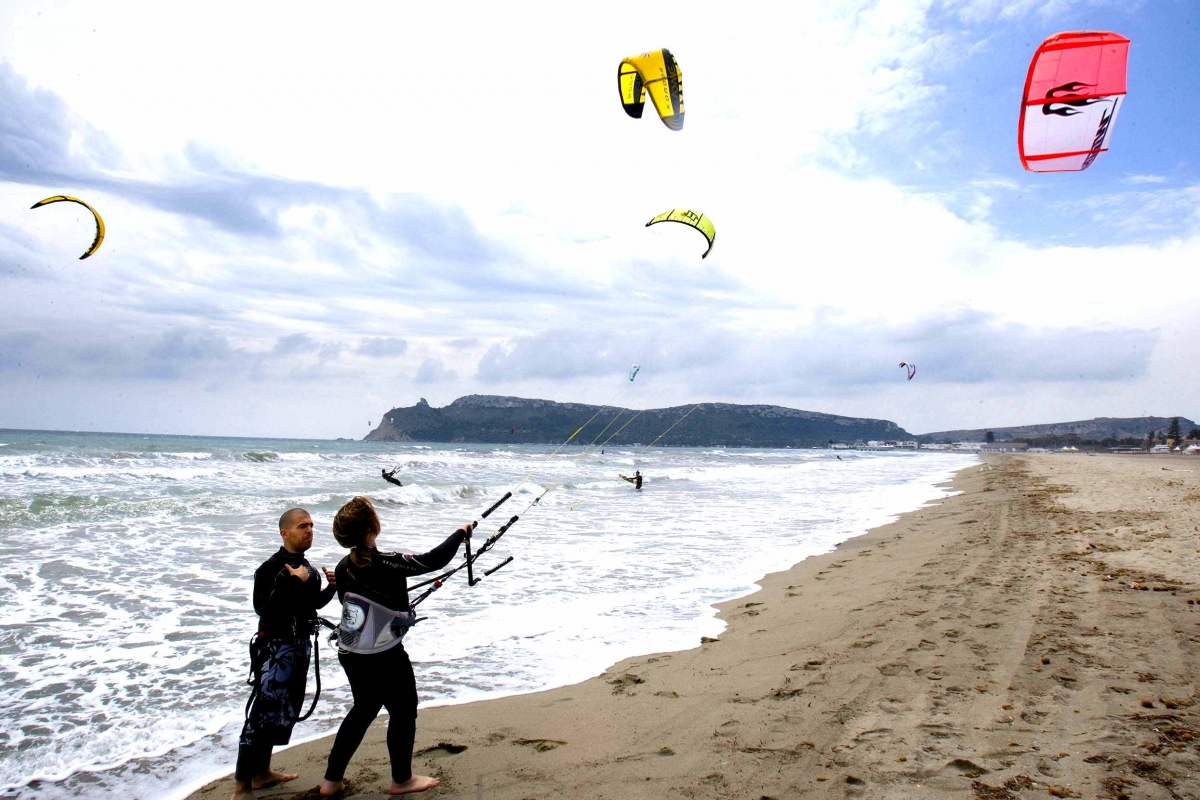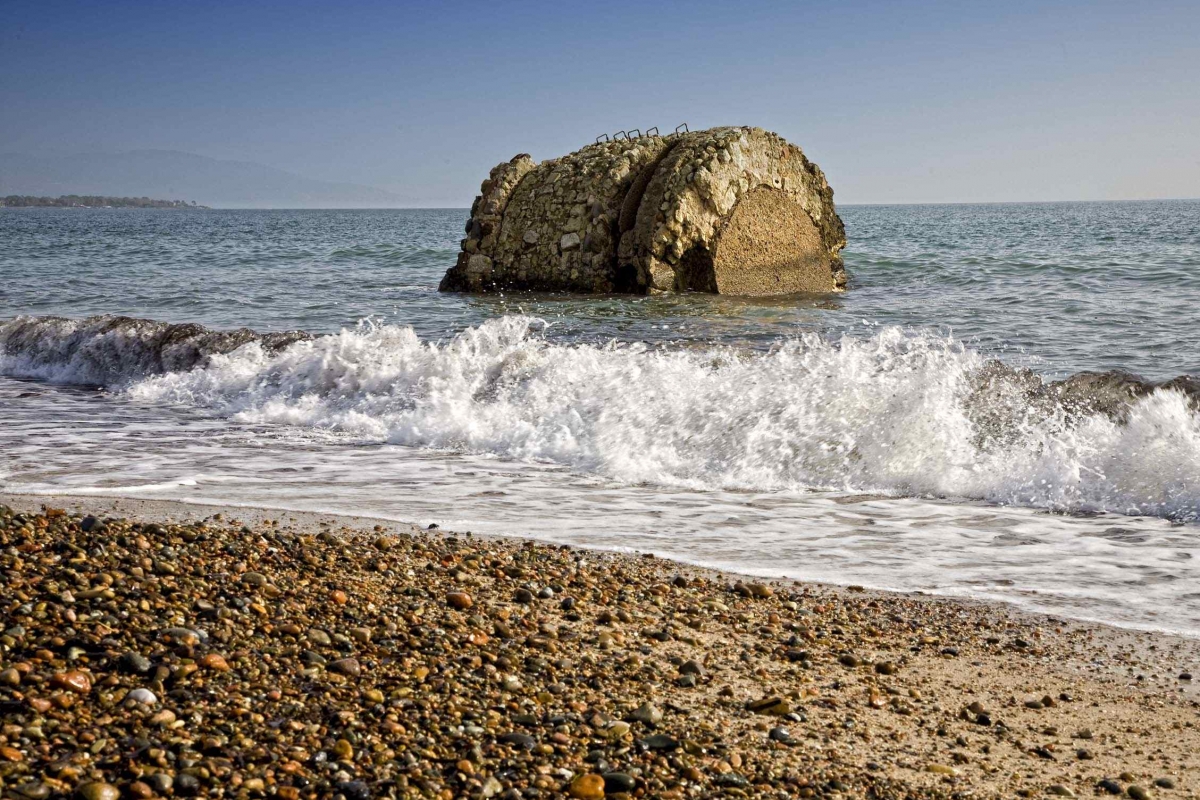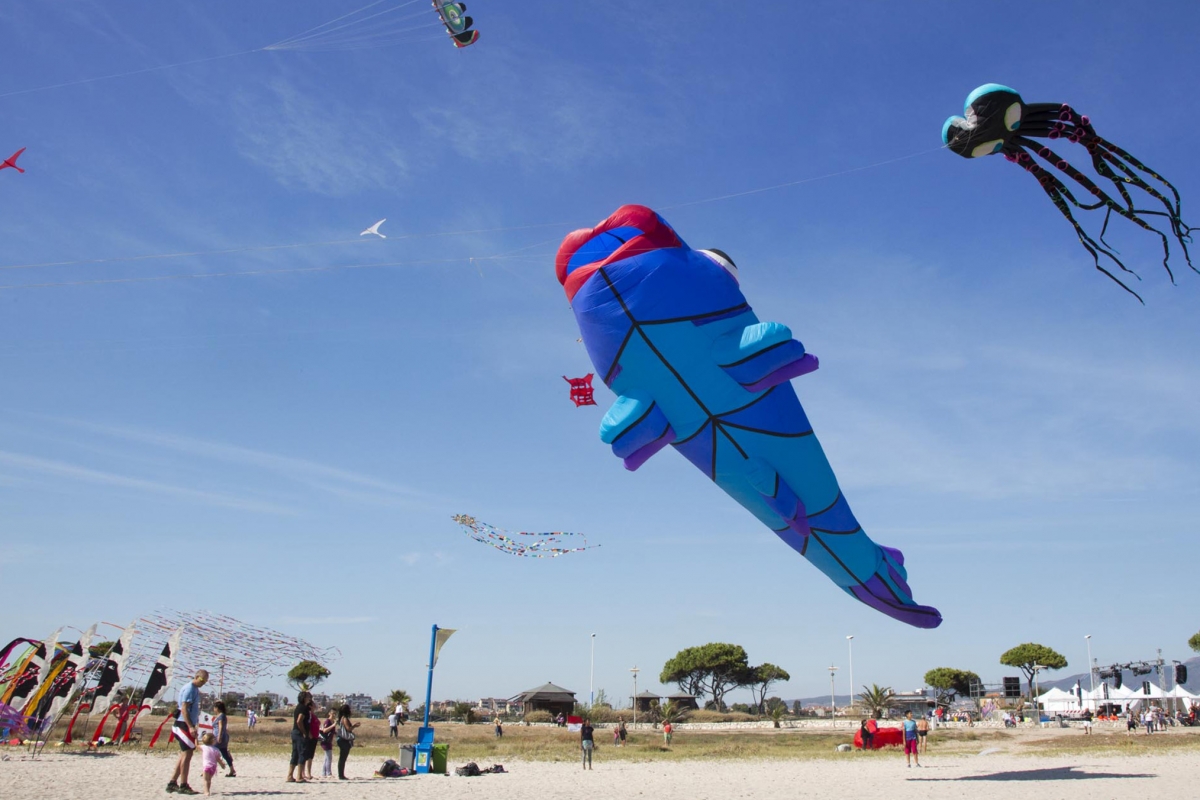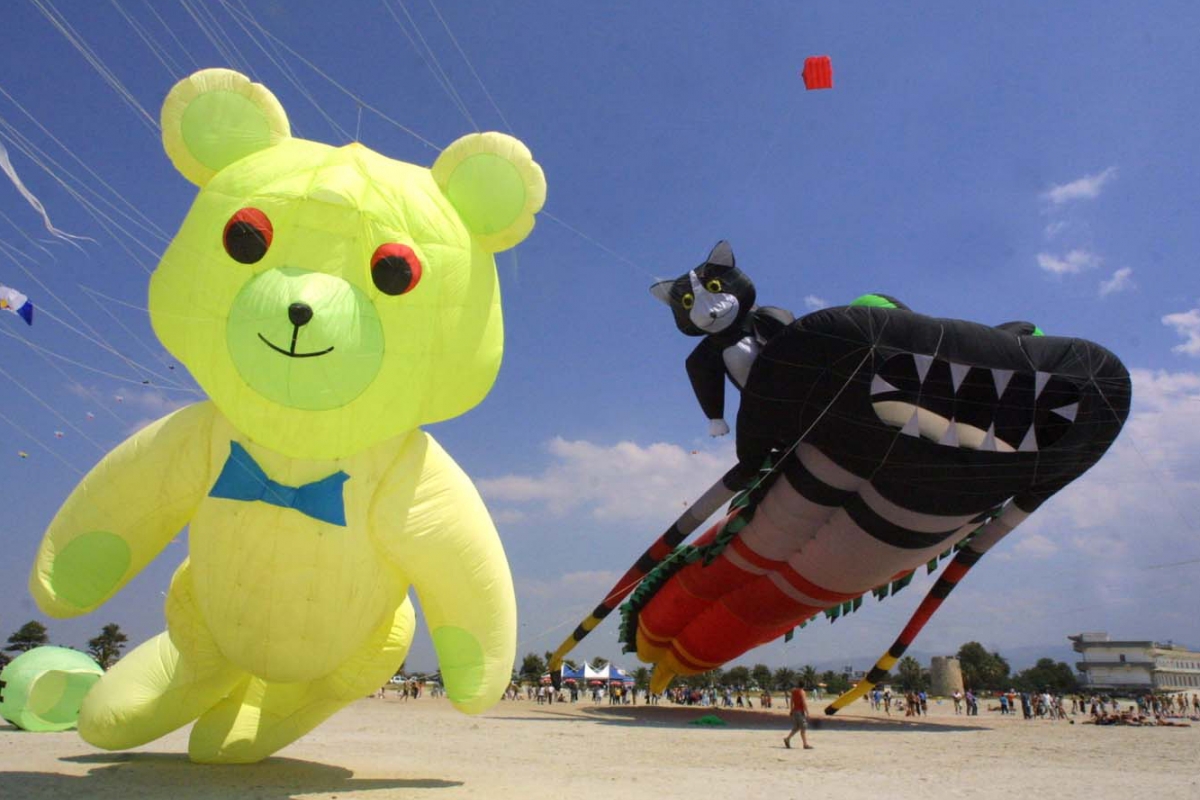Poetto di Quartu
Poetto Beach extends in a long tongue of sand and sea from the small port of Marina Piccola (at the foot of the Sella del Diavolo hill) to the Margine Rosso (at the entrance to the coastal road to Villasimius), in continuity but administratively divided between the municipalities of Cagliari and Quartu Sant'Elena.
It takes its name from the Torre del Poetto, also known as' del Poeta ', which stands on the eastern side of the Sant'Elia promontory (where the Latin poet Ennio would have found inspiration), but more likely in its Catalan declination Torre' del pouhèt del San Elìas ' with reference to the Punic cistern of Sa Bùcca de su Tiàulu (mouth of the devil) which refers to the Sella.
It is one of the numerous towers of the sighting system that signaled the barbarian incursions, which surrounded the whole island.
Two other surviving ones can be found along the beach: the Torre di Mezza Spiaggia (or Spanish, 16th century) still standing on the beach and restored in 2020, and the Carcangiolas Tower (late 16th century), used as a 'single weapon post for submachine guns' in the last war, and remained 'pending' and semi-submerged in the following decades, until it was completely overturned with the storm of 1980.
It can be reached from Cagliari by taking via Lungo Saline (or in the opposite direction the Lungomare Golfo di Quartu, from the Margine Rosso roundabout) and along the entire route along the Saline di Stato (active until 1984) and the Stagno di Quartu, where it is easy to spot, just turning your head, the numerous species of aquatic avifauna that live there.
Or from Quartu, walking along Viale Colombo 'through' the Saline, and enjoying the spectacle of the ponds all around that change color according to the weather conditions and the hours of the day, where the flamingos quietly dine with their heads in the water, and offers breathtaking sunsets.
Behind it the expanse of the Saline: pink and smooth with the calm, blue and sparkling with reflections of the sun and slightly rippled with the mistral, muddy, opaque and seething with the sirocco.
In front of the open sea: with the black profiles of sailing boats on the horizon, and at dusk and early in the morning the distant silhouette of the passenger ships, bound for the port of the capital. And it is the same sea that changes its mood, like a beautiful woman, just as the wind turns.
The mistral portrays it in its best aspect, transparent and cerulean water, and light surf. The sirocco brings waves and seaweed, showing it in its bad mood. Early in the morning it is an enchantment of peace, in the evening at sunset, a rainbow of lights.
Poetto is not only the beach of the two cities, and of tourists who stop by in the summer season.
It is an integral part of the life of the inhabitants, who live and animate it all year round, and go there for a fish-based lunch by the sea, a morning or Sunday walk, a healthy and playful diversion for children. jogging or simply walking in tracksuits for those who want to keep fit, coming and going up and down by bicycle or roller skates.
The most frequent visitors as well for a perennial tan and out of season swimming. "Ajò a Su Poettu" is a recurring phrase among the people, and it is always a cheerful prelude to a pleasant interlude, a fixed or often improvised appointment with the sea.
It is no coincidence that it is dotted with typical 'little bars' with more exotic names that offer shade and aperitifs, changing rooms, sun loungers and deck chairs, pedal boats, showers and toilets, but also good fish-based lunches, dinners and evening entertainment.
In fact, the summer nightlife also gravitates around the Poetto kiosks, attracting the nightlife of the beach, with live music and dance evenings of the most varied genres: disco, Latin American, funky, reggae ...
All these cooperatives carry out a valuable beach cleaning and surveillance service with lifeguard, and entertainment for children during the closure of schools.
And in the periods when fishing is allowed (from November to April) there is never a shortage of stalls offering samples of freshly caught sea urchins.

.jpg)

1.jpg)






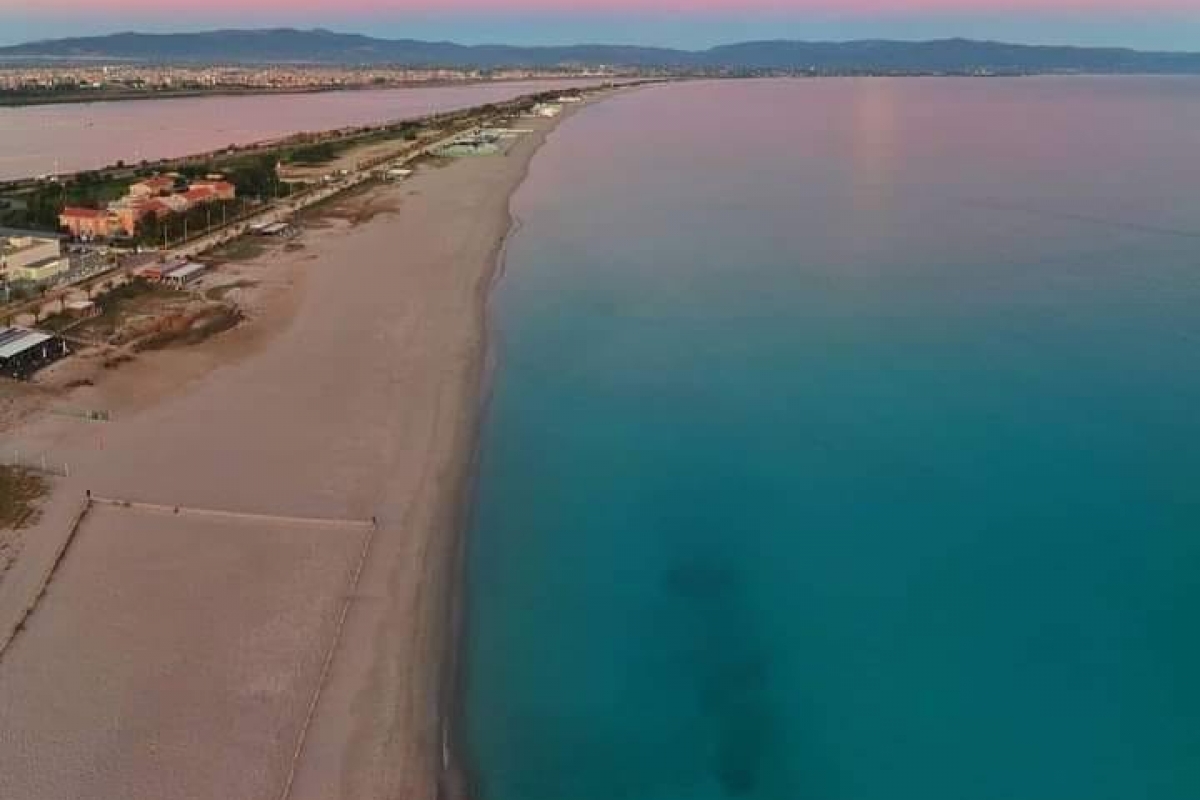
.jpg&w=1200&h=800)
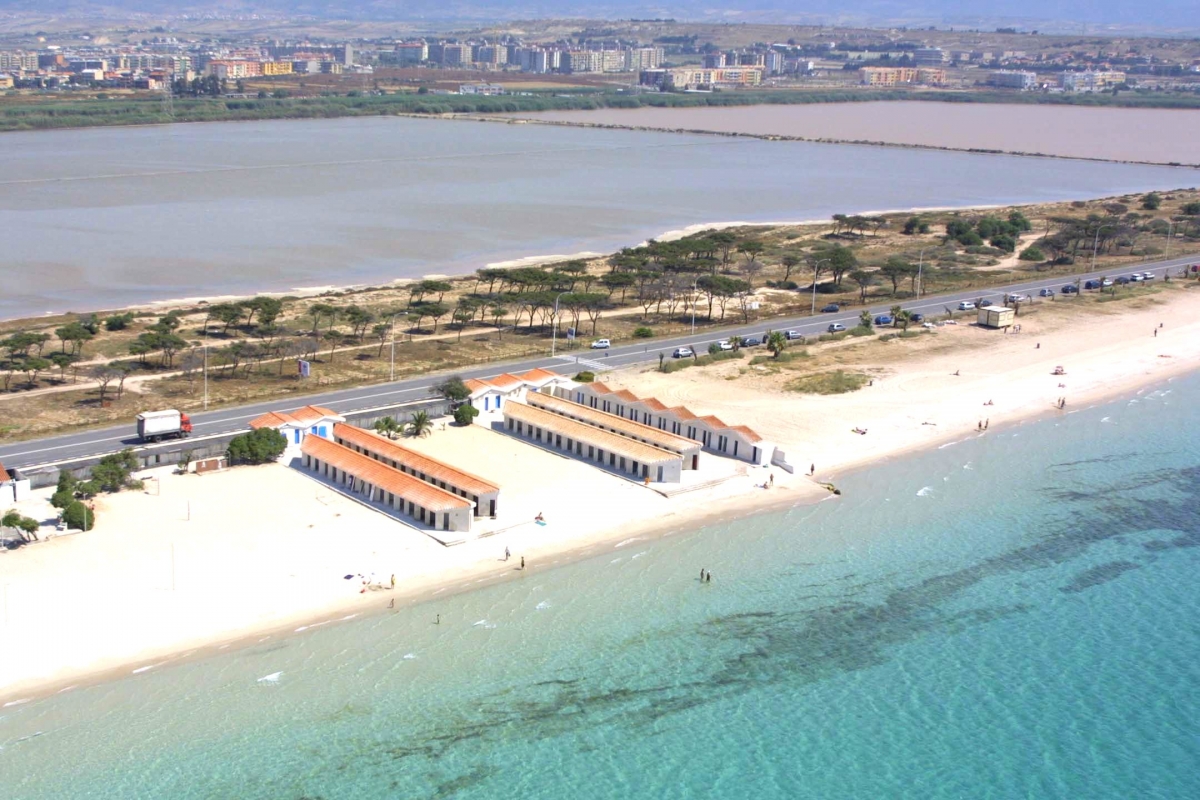
1.jpg&w=1200&h=800)
